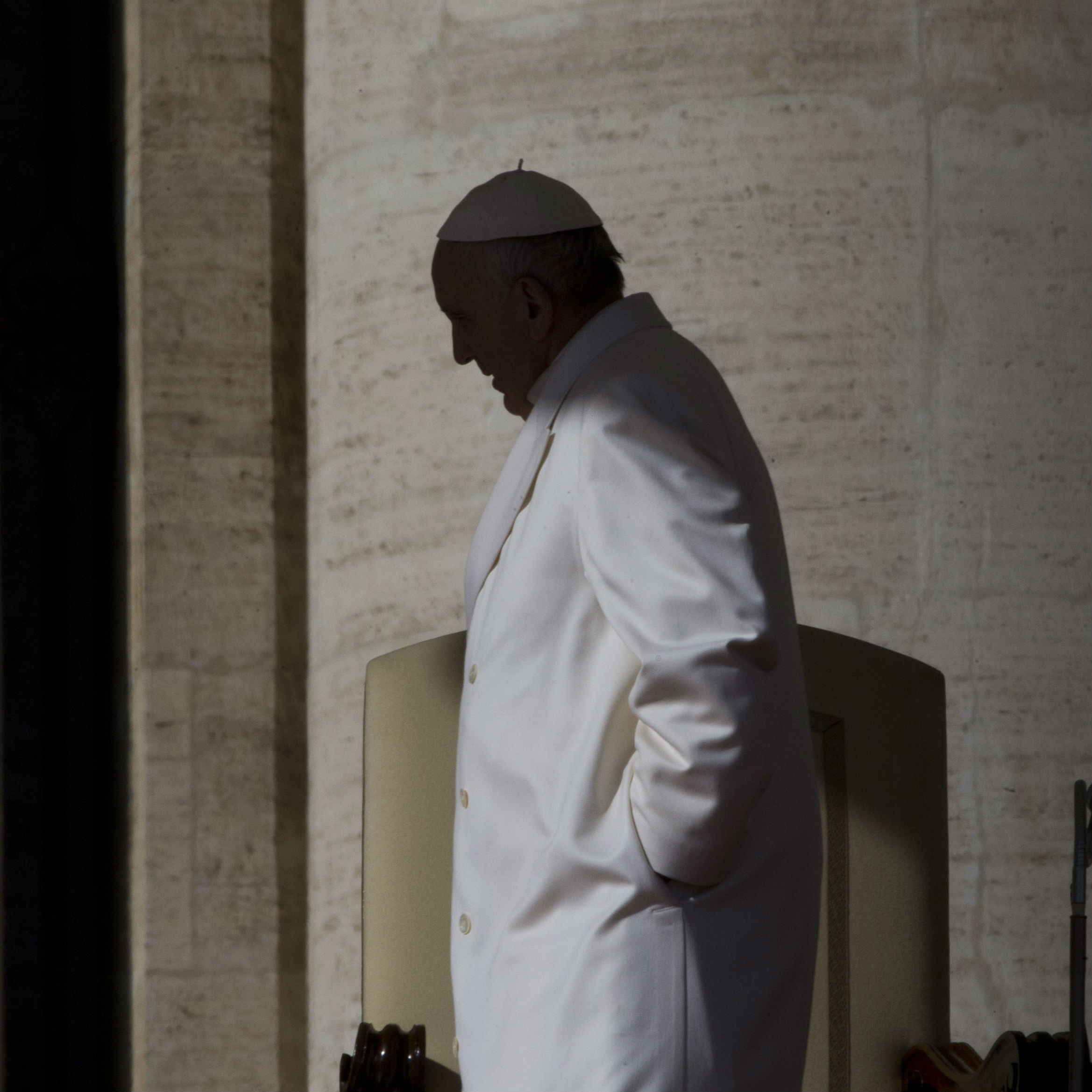The historic meeting between Pope Francis and Patriarch Kirill is being seen as breaking years of deadlock between the Catholic and Orthodox churches. But making further progress will mean solving not only theological but also territorial and political problems
Pope Francis was due to meet Patriarch Kirill in Cuba on Friday, and the eyes of Christians around the world were expected to be on them. If all went as planned, the encounter, at Havana’s José Martí airport during Francis’ journey to Mexico, will have been the first in history between a reigning pontiff and a Russian Orthodox head since the churches split 1,000 years ago. And while last week’s joint communique said the meeting would follow “long preparation”, it also came as a surprise.
11 February 2016, The Tablet
The Pope’s Russian gamble
Get Instant Access
Continue Reading
Register for free to read this article in full
Subscribe for unlimited access
From just £30 quarterly
Complete access to all Tablet website content including all premium content.
The full weekly edition in print and digital including our 179 years archive.
PDF version to view on iPad, iPhone or computer.
Already a subscriber? Login





User Comments (3)
The often cited meeting of Pope and Patriarch “first in a thousand years” belies terrible historical knowledge on the part of journalists. 1054 is the poorly assigned date of the split between Constantinople and Rome. The Patriarch of Constantinople and the Bishop of Rome began the process of healing their relationship by meeting (Pope Paul VI and Patriarch Athenagoras) in 1964.The Russian Orthodox Church in Moscow only dates from the 15th century and the Patriarchate (self-proclaimed) was only established in 1589. This meeting is historic: it marks the first time that the Russian Orthodox Church has in fact engaged in such a positive gesture towards the Catholic Church. Why do this? Probably to strengthen their position within the Orthodox world.